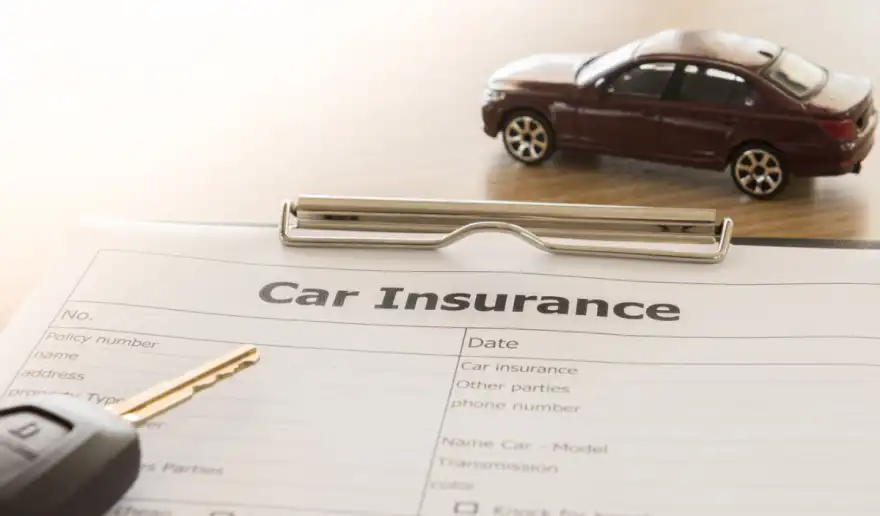
Ensuring the accuracy of your car insurance information is essential, and there are ten factors you should be mindful of to prevent the invalidation of your insurance coverage.
If you are caught with invalid car insurance, it could result a £300 fine and 6 points on your licence. Here are some key points to consider:
1. Accepting Payment for Lifts:
Receiving payment for giving someone a lift may invalidate your car insurance, as certain policies prohibit drivers from accepting payment for transportation services as it can be viewed as using your car for hire.
2. Incorrectly Naming the Main Driver:
Falsely designating someone other than the actual main driver can lead to insurance invalidation, accompanied by a significant fine and six points on your license. This practice, known as 'fronting,' is illegal and is often done to reduce insurance premiums for younger drivers.
3. Providing the Wrong Address:
Ensuring your correct address is on your car insurance is vital, as insurers use your postcode to assess risk. Moving to a new address without informing your insurer can impact your policy.
4. Not Disclosing a New Occupation:
It's crucial to inform your insurer of any job changes, as car insurers use occupation data to predict claim likelihood. Failing to disclose a new occupation could leave you uninsured.
5. Misrepresenting Parking Arrangements:
Misleading your insurer about where you park your car—whether on or off-street—may lead to invalid insurance, particularly if your vehicle is broken into.
6. Providing False Information about Car Usage:
Truthfully conveying how you use your car (social, commuting, or business) is essential. Providing inaccurate information may result in a lack of coverage.
7. Underestimating Mileage:
Accurately stating your annual mileage is crucial for calculating insurance premiums. Underestimating your mileage may put your policy at risk.
8. Having an Obstructed Windscreen:
An obstructed windscreen, whether due to frost, dirt, or hanging air fresheners, can void your insurance if an accident occurs.
9. Failure to Report Accidents:
Regardless of the size, all accidents must be reported to your insurer. Neglecting to do so could jeopardise future claims, especially if undisclosed incidents result in prior damage.
10. Modifying Your Car:
Before making any modifications, consult your insurer to assess potential policy increases. Modifications, such as non-standard engines or bodywork alterations, can raise insurance premiums due to increased replacement and repair costs and elevated theft risk.




